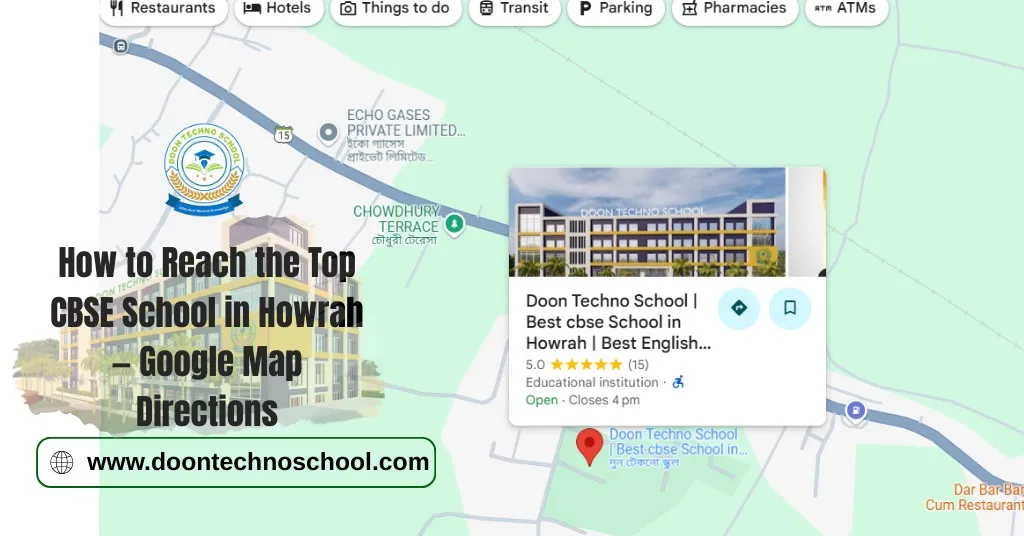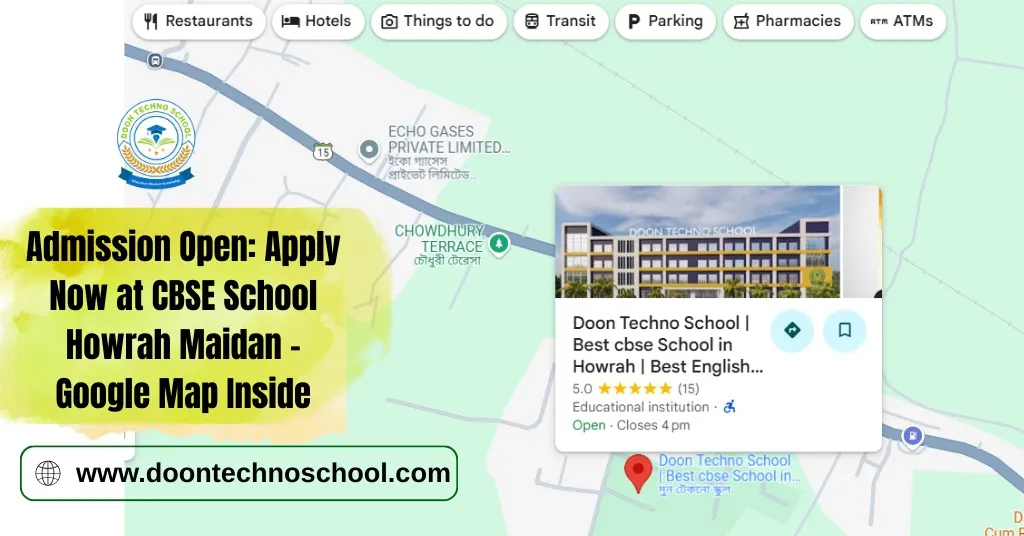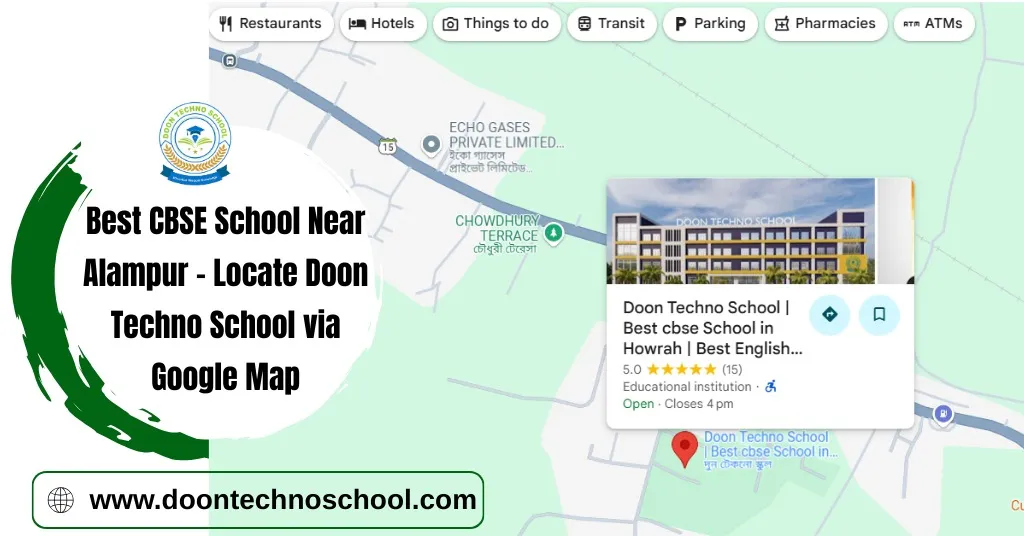
The learning acquired in school served as multi-dimensional purposes. It shapes your interests, future education, career plans and personality. This could not solely be accomplished through Indian curriculum but rather through a combination of academic learning and the development of life skills such as critical thinking.
What is critical thinking?
Critical thinking is the process of actively and objectively analysing information, concepts, or situations, in order to form reasoned and well-founded judgments. It involves the ability to question assumptions, consider multiple perspectives, and evaluate evidence logically. Critical thinkers are adept at identifying biases, recognizing the credibility of sources, and making informed decisions based on thoughtful reflection. This skill is crucial in problem-solving, decision-making, and navigating the complexities of various fields, fostering a more analytical and discerning approach to information and ideas.
Why should students have critical thinking skills?
There is a difference between memorisation and learning, this difference is known as critical thinking. Students are advised to improve their critical thinking skills during school years, otherwise life gets tougher when you make choices like choosing a major in education or starting your own venture in education.
How to increase critical thinking skills as a CBSE school student?
- 1. Encourage questioning
- 2. Problem based learning
- 3. Engage in discussions
- 4. Analytical writing
- 5. Socratic questioning
- 6. Mind mapping
- 7. Cross disciplinary connection
- 8. Fosters a growth mindset
- 9. Incorporate real world examples
Encouraging questioning
Doon Techno School as one of the school in Howrah always encourages students to ask questions. It is often seen that students hesitate to ask questions from their school teachers or parents. It could be the result of a fear of speaking in public or embarrassment. Students may ask any questions from the teachers personally.
Problem based learning
Incorporate problem-based learning approaches into the curriculum. Present students with real-world problems or scenarios that require analysis and creative solutions. This helps them develop problem-solving skills and think critically about various situations.
Engage in discussions
Encourage class discussions on various topics. This not only enhances communication skills but also allows students to analyse different perspectives and formulate their own opinions. Discussing diverse viewpoints helps in developing a well-rounded critical thinker.
Analytical writing
Assign writing tasks that require students to analyse and evaluate information. This could involve critical reviews, argumentative essays, or research papers. Writing encourages students to organize their thoughts, assess evidence, and express their ideas coherently.
Socratic questioning
Incorporate the Socratic Method, a form of cooperative argumentative dialogue, to stimulate critical thinking. Pose open-ended questions that challenge students to think deeply and critically about a topic, encouraging them to explore different angles.
Mind mapping
Introduce mind mapping techniques to help students visually organize information. This visual representation aids in connecting ideas, understanding relationships between concepts, and identifying key points—a valuable skill in critical thinking.
Cross disciplinary connection
CBSE school in Howrah encourage students to make connections between subjects. Interdisciplinary learning promotes a holistic approach to problem-solving and enhances critical thinking skills by drawing on knowledge from various disciplines.
Fosters a growth mindset
The best CBSE school in Howrah Instill the importance of a growth mindset, emphasizing that intelligence and abilities can be developed through effort and perseverance. This mindset encourages students to embrace challenges and view failures as opportunities for learning and growth.
Incorporate real world examples
Relate academic concepts to real-world situations. This helps students understand the practical implications of what they are learning and encourages them to think critically about how theories and ideas can be applied in different contexts.
Conclusion
Cultivating critical thinking skills in CBSE students is an ongoing process that requires a combination of instructional strategies and a conducive learning environment. By implementing these approaches, educators can empower students to think critically, equipping them with essential skills for academic success and future challenges.






